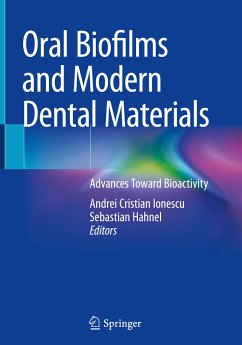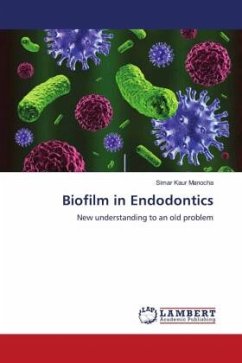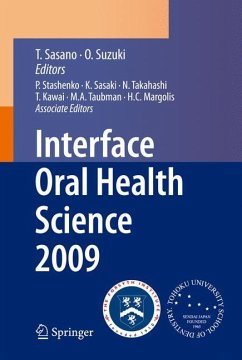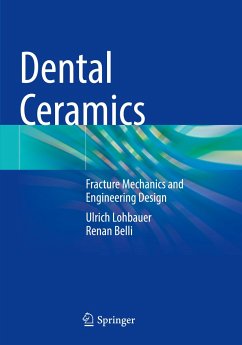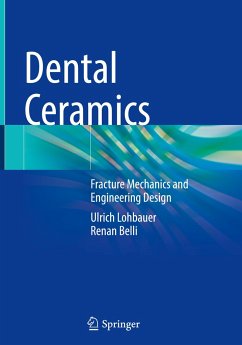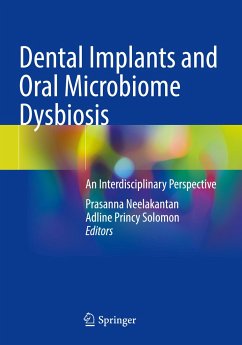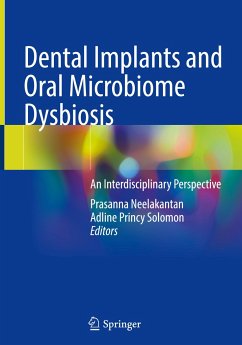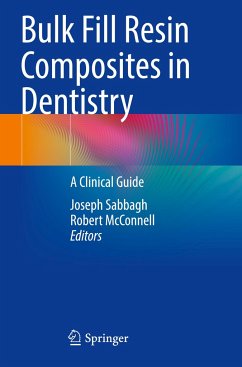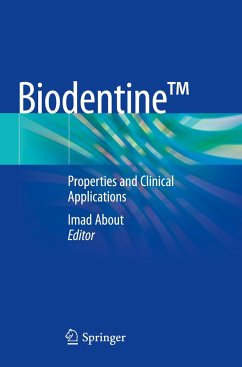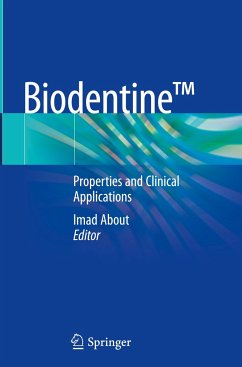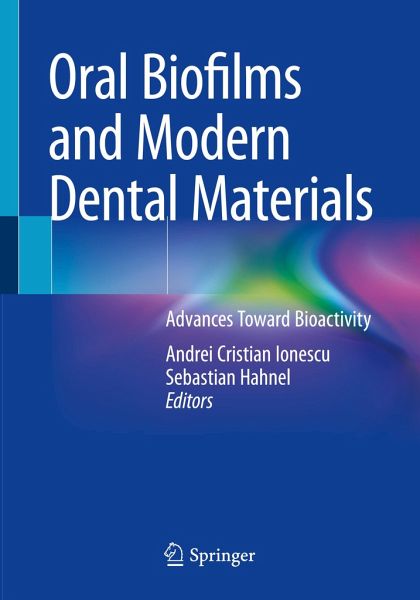
Oral Biofilms and Modern Dental Materials
Advances Toward Bioactivity
Herausgegeben: Ionescu, Andrei Cristian; Hahnel, Sebastian
Versandkostenfrei!
Versandfertig in 6-10 Tagen
96,29 €
inkl. MwSt.

PAYBACK Punkte
0 °P sammeln!
This book provides an up-to-date perspective on oral biofilms and dental materials, equipping readers with a sound understanding of their mutual interactions. Experts from across the world comprehensively describe the main strategies that can be followed when designing modern bioactive and biomimetic dental materials, bearing in mind the goal of reducing the occurrence of pathological conditions such as secondary caries and peri-implantitis. The background to the book is the rapid expansion in the use of nanotechnologies and modern techniques to achieve levels of performance of dental material...
This book provides an up-to-date perspective on oral biofilms and dental materials, equipping readers with a sound understanding of their mutual interactions. Experts from across the world comprehensively describe the main strategies that can be followed when designing modern bioactive and biomimetic dental materials, bearing in mind the goal of reducing the occurrence of pathological conditions such as secondary caries and peri-implantitis. The background to the book is the rapid expansion in the use of nanotechnologies and modern techniques to achieve levels of performance of dental materials that were unthinkable even a few years ago. Whereas conventionally dental materials have been regarded as inert, an important paradigm shift is underway: now, these materials are being conceived as bioactive and biomimetic. Modern dental materials can produce a response by interacting positively both with the host and with the biofilm permanently colonizing hard and soft tissues of theoralcavity. These materials increasingly mimic the behavior of the tissues that they are replacing. In documenting the latest knowledge in the field, this book will be of value for both scientists in the fields of nanotechnology, biofilms and dental materials and interested clinicians.





